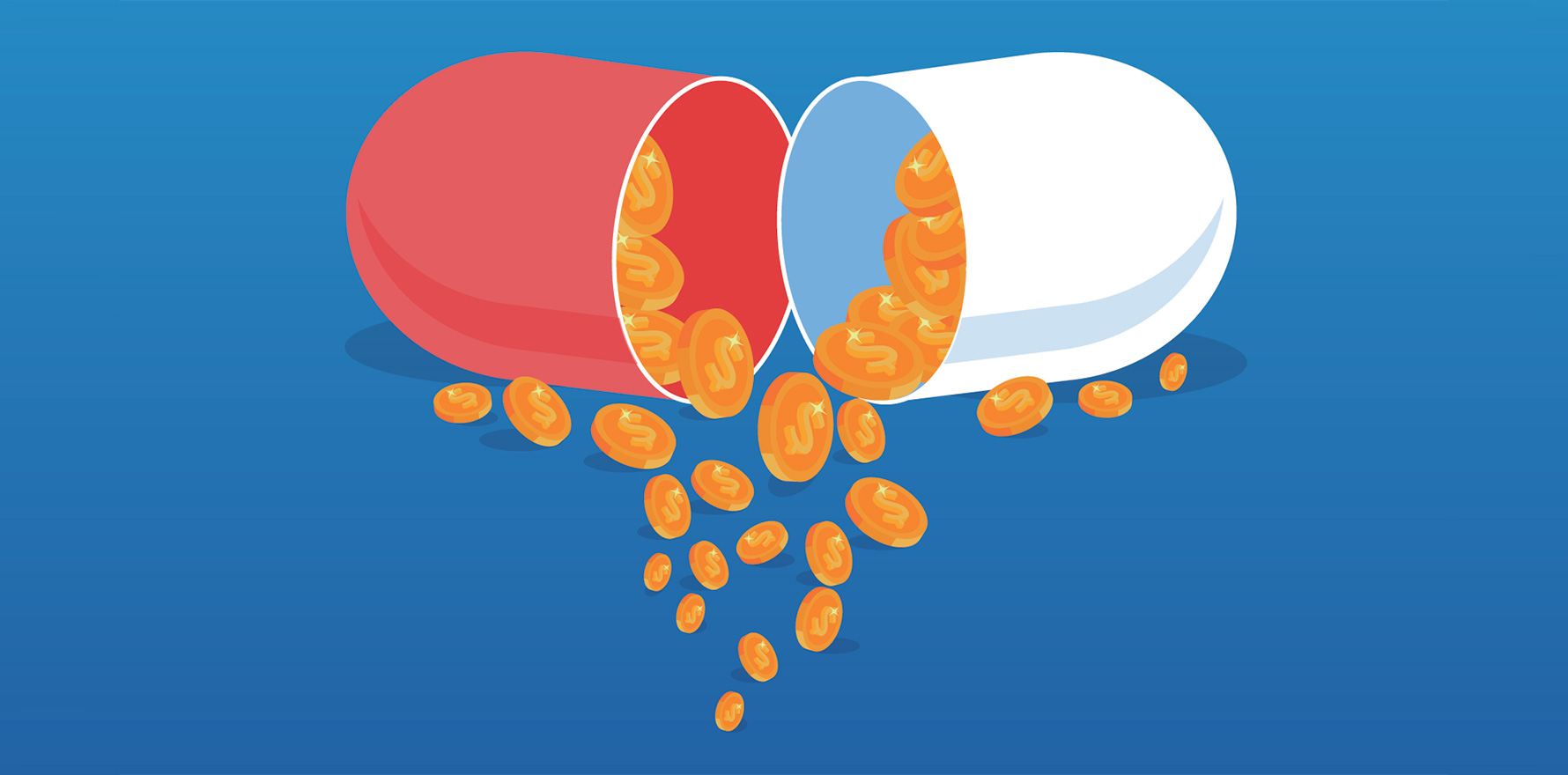A recent series on the corruption of the US opioids industry just emphasises how important the separation of prescription and dispensing is.
Recently, on the back of frequent comments and posts in a Facebook group about Netflix’s limited series Painkiller I decided to sit down for a watch, without much information on what it was about.
I ended up binge-watching all six episodes in one sitting with a growing sense of dread and unease for two main reasons:
- The way pharmaceuticals are advertised to generate profit in the US and the slippery slope it represents
- The way in which dose dependent sale of regulated pharmaceuticals plays out in at least one area here in Australia
What is it about? The ongoing opioid crisis in the US since the late 1990s in which Purdue Pharmaceutical was implicated and is still awaiting a formal outcome for the way OxyContin was marketed.
The limited series is based on real-life events related to the introduction of OxyContin that results in an opioid crisis based on egregious marketing with no regard to the human lives it would consume in the process.
Watching as an Australian, it was both interesting and uncomfortable for some key reasons, among them, one of the holy grail ideas we adhere to here: the importance of the separation between diagnosis of a condition plus prescription of drugs for it from the sale of drugs. This is one of the central tenets of medicine here, unlike in the US.
The US remains one of the few countries, alongside New Zealand, where prescription drugs are not banned from being advertised on TV.
What I did not realise until watching Painkiller was some other key differences that may explain the general public distrust around pharmaceutical companies – and the belief that doctors are in Big Pharma’s pockets.
In Painkiller, attractive young female college students are recruited by pharmaceutical companies to visit doctors’ offices and talk to them about the latest drug, OxyContin, and to encourage its prescription by way of sweeteners (free meals, coupons for a free 30-day supply of the drug to patients) and then up-titration of the drug dose to patients once dependent. Up-titration of the dose, irrespective of clinical need, resulted in better payment for the doctors and better profit margins for the company while maintaining an ongoing demand for the scripts.
In turn, these young representatives are lured with the promise of designer goods including Porsches and hefty bonuses to the tune of tens of thousands of dollars to pacify any doubts about being complicit.
Watching this series was uncomfortable for me for another reason aside from the obvious.
It wasn’t that long ago, as a medical student and then a junior doctor, that we used to attend weekly hospital Grand Rounds, sponsored by pharmaceutical companies who’d provide the food and accompanying stationery that we used to help ourselves to. It was not until some time later this practice was stopped, presumably due to the subliminal advertising it represented and its effect on doctors’ prescribing practices.
During my years as a GP trainee and then as a fellowed GP, there were still many weeks where drug reps would ask to drop in, drop off free samples and offer to buy us lunch in exchange for an ear about their latest drug and their company’s research on how it outperformed competitors’ drugs.
Increasingly, I began to refuse meetings with these reps, opted to pay for my own meals and buy my own stationery, but saw this practice routinely in most surgeries I worked in.
Study after study shows the clear impact of pharmaceutical drug reps on doctors’ prescribing including quotes from pharmaceutical reps such as these:
- It’s my job to figure out what a physician’s price is. For some it’s dinner at the finest restaurants, for others it’s enough convincing data to let them prescribe confidently and for others it’s my attention and friendship … but at the most basic level, everything is for sale and everything is an exchange.
- You are absolutely buying love.
The series got me thinking, locally, about the current push by the Pharmacy Guild, the general public and the government to allow pharmacists to prescribe and the importance of separating the ability to diagnose and prescribe a drug from the ability to make money directly by selling the drug.
It prompted me to think about the wisdom behind this until-now ironclad rule that prohibits prescribers from selling the same medication out of their own surgery: If one makes money by selling or dispensing a drug, then one may be tempted to prescribe the drug even if it is not in the patient’s best interest but in the prescriber’s best interest, aka a conflict of interest (COI).
The Pharmacy Guild seems to argue that this would not apply to its members and indeed, to pharmacists as a group. But I simply don’t see how this might be true, given human nature is fallible and there’s always the potential for corruption when power and money enter the picture and waters are muddied.
Once again, it seems we are set to overlook basic ethical principle in the interest of convenience (to patients), self-diagnosis (Dr Google) and algorithms + potential COI (pharmacy prescribing).
At present, it is not S8 drugs, and it seems unlikely that we would ever get to that stage; but there are plenty of other drugs that need a careful history, assessment and evaluation before the decision of prescription or not needs to be entertained and it seems we are heading fast down the slippery slope towards an Americanised system of healthcare where the “customer” is always right and “everything and everyone is for sale” so long as the price is right.
Dr Imaan Joshi is a Sydney GP; she tweets @imaanjoshi.


